Commercial establishments typically install sloped floors, especially in areas where water needs to efficiently flow out to prevent stagnant water from potentially causing accidents, injuries, health concerns and many more. For an even surface, many commercial property managers and business owners opt to use epoxy coatings on sloped floors. Given the uneven nature of sloped floors, is epoxy coating the ideal floor finishing solution?
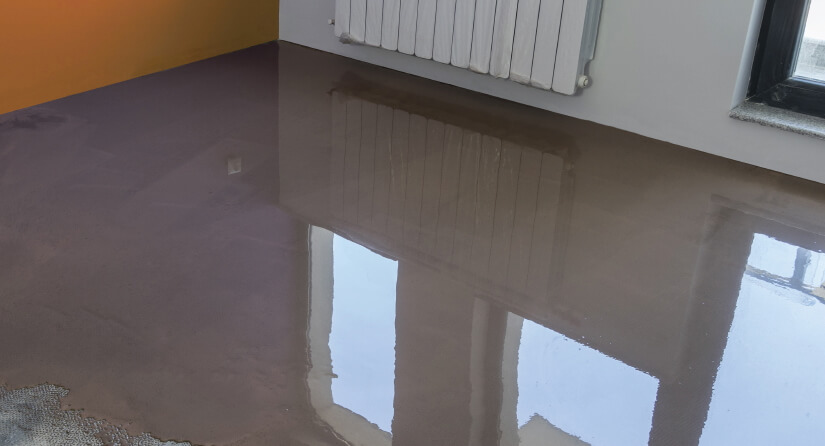
Sloped Floor Installation Requirements
Whether you need liquid to run quickly and smoothly facilitated by a steep sloped flooring, or a more subtle incline, you need to install resin flooring systems to get the job done efficiently. If you plan on installing in a high-traffic area, you may also consider installing rapid cure polyurethane flooring resin systems to reduce downtime and ensure efficiency at your commercial site.
Before you can apply epoxy coating on a sloped floor, you need to start with a smooth surface. Obtain the professional services of Extreme Epoxy Coatings that can design and install a resin flooring solution that fits your business.
Typically, the installation starts with a base screed system to create the slope or falls that your commercial establishment needs. You can choose between acrylic polymer resin or bulk polyurethane resin. For small or short slopes, we usually install a single layer of epoxy resin or polyurethane system. After successful base installation, epoxy or polyurethan resin screed is applied to create a smooth and even finish to your floors.
There are a few factors to consider in determining which type of flooring is best for your business. Here are some of them:
- Non-slip requirements of your commercial site
- Requirements for existing Drainage Systems
- Cleaning procedures and protocols
- The amount of traffic that a sloped area experiences on a daily basis
Epoxy Coating Flooring Preparation
Simply put, epoxy coating always requires a clean and slightly porous surface to ensure proper adherence. One thing that you should remember is that epoxy coating does not bond properly to sealed or polished concrete. If you start off with concrete, make sure that it has completed its curing time before epoxy coating application.
Cracks, dents, and major chips on sloped floors needs to be patched or repaired to create an even surface. Cleaning is also a requirement to remove substrates and other debris that can compromise the smooth and even finish of your sloped floors.
If you are applying epoxy coating on old, sloped concrete floors, it is imperative to test the surface as to whether they have had previous layers of epoxy coating or other sealing products. To determine the presence of sealants, simply pour a small amount of water onto the floor. The water will immediately soak into a concrete floor without sealant. Water will not penetrate floors with old sealant and similar products, but instead will form water beads on the surface.
Check the temperature before applying epoxy coating onto the concrete floor. If you are doing this step all by yourself, it’s always best to follow manufacturer’s recommendations to ensure superior results.
If you choose to go ahead and apply epoxy coating on your sloped concrete floors, manage your expectations. In this case, epoxy coating on sloped floors will only deliver pleasing aesthetics and shine to your floor but will not level the floor altogether. Additionally, since epoxy coating adds shine to the surface, it will ultimately reveal the flaws of concrete underneath. If your aim is to level the surface, it’s best to use another finishing material instead.
If you need more information about epoxy coating installation, we highly recommend that you seek the guidance of Extreme Epoxy Coatings, a professional California company that specializes in the application of epoxy floors for commercial establishments.

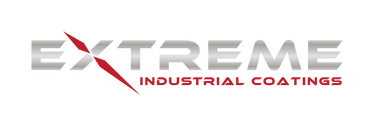
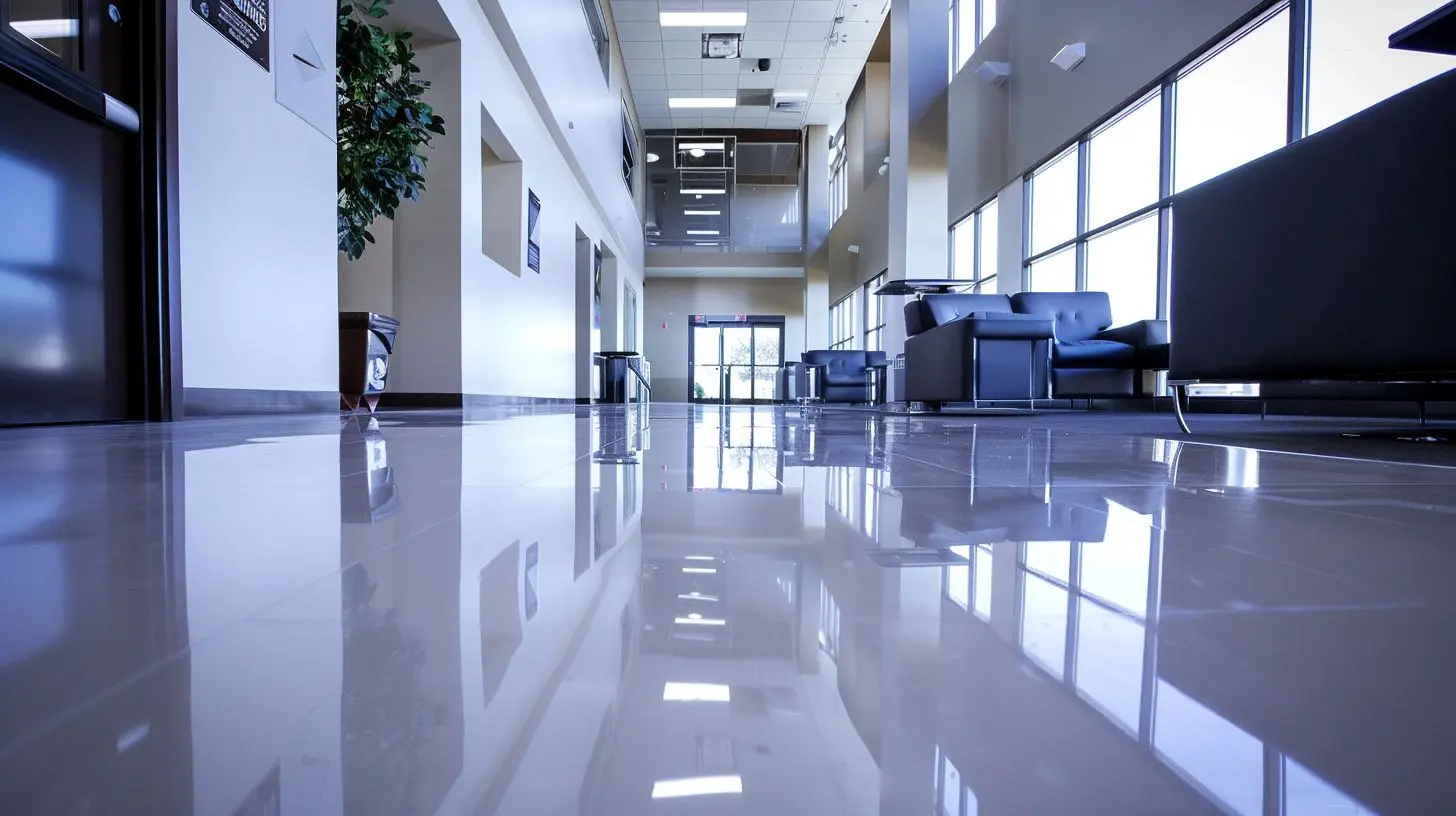
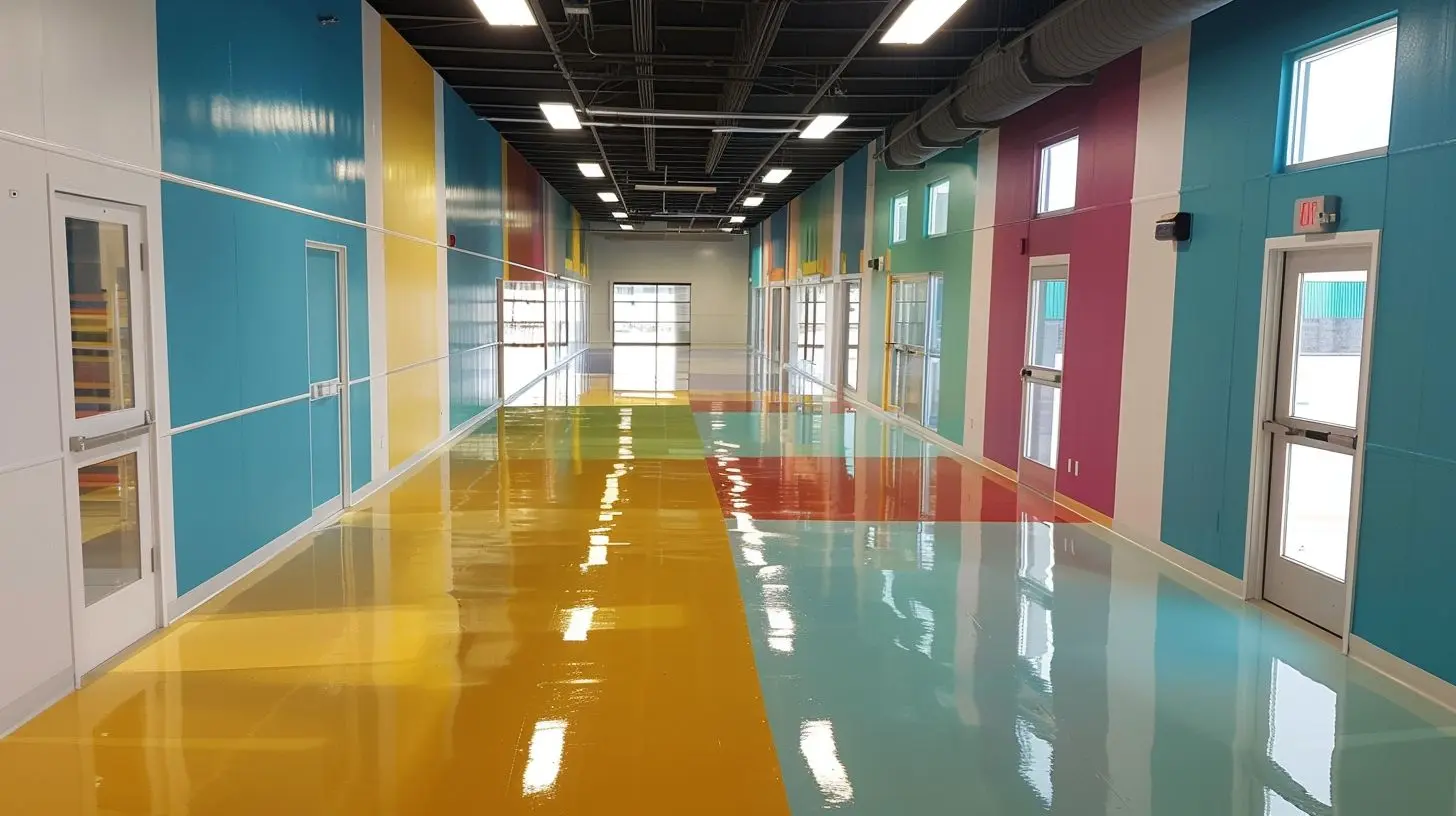
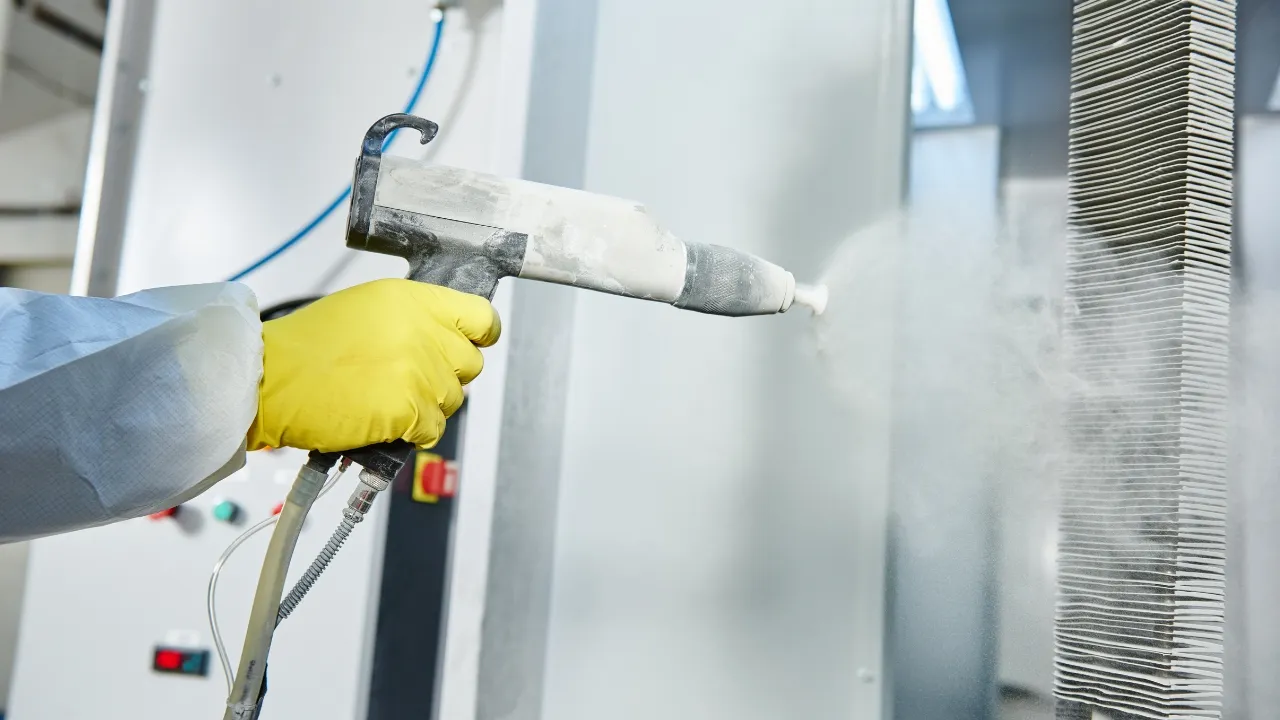
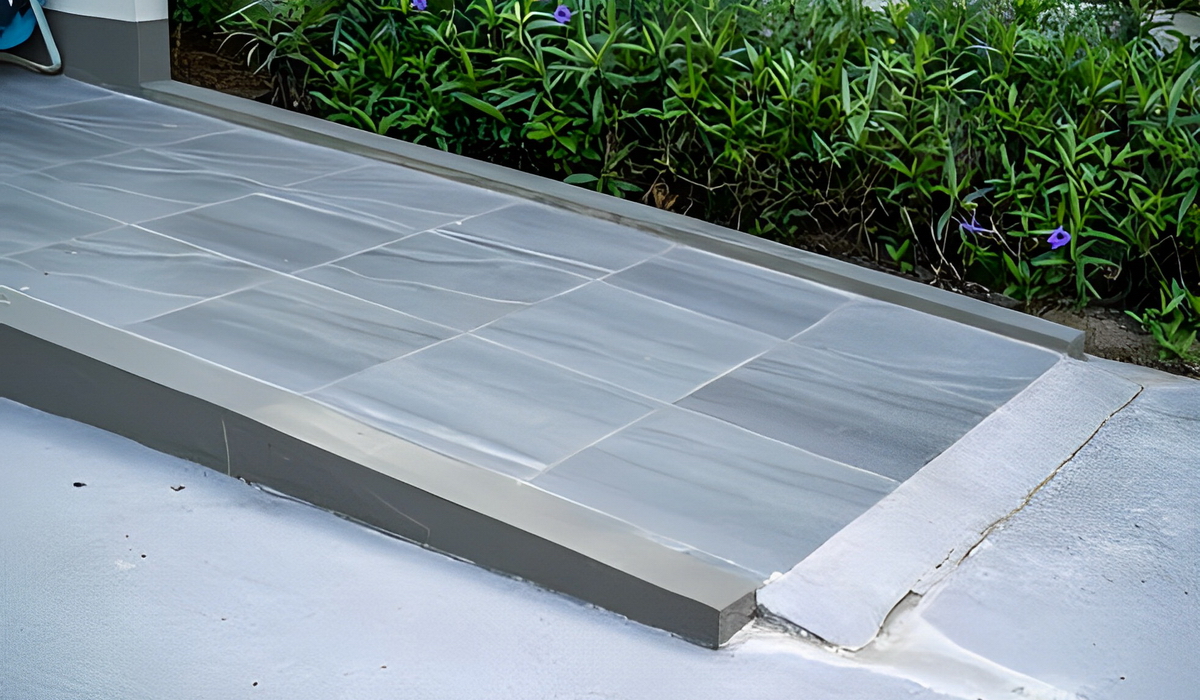
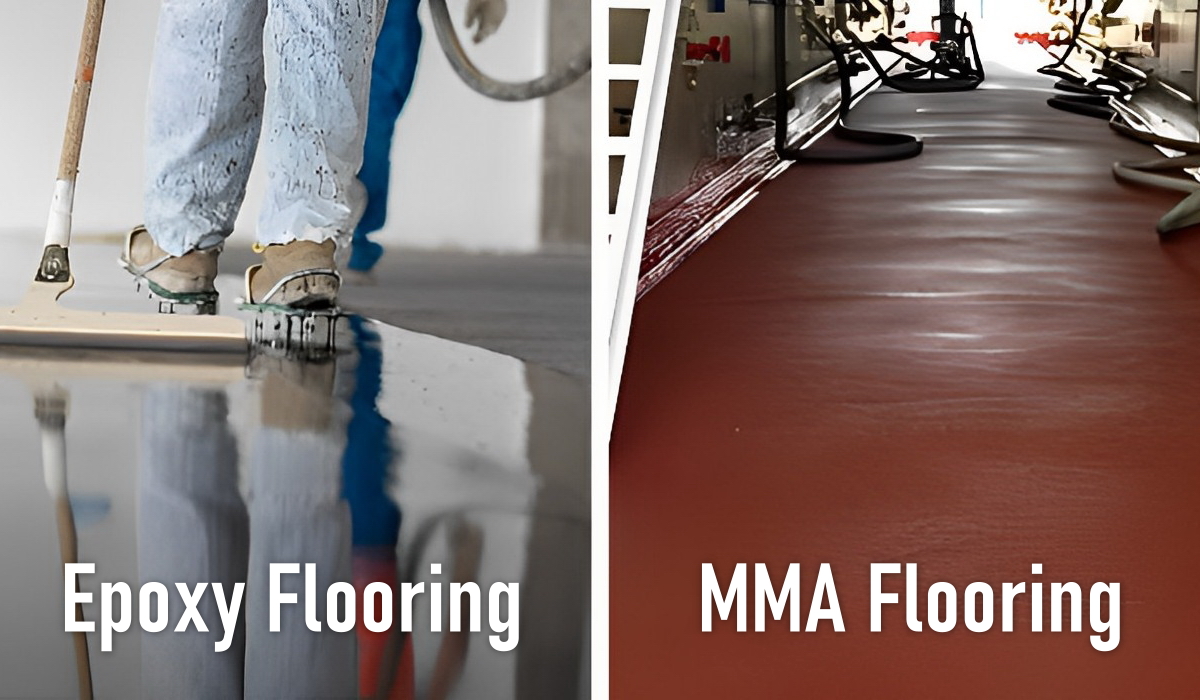
Leave A Comment